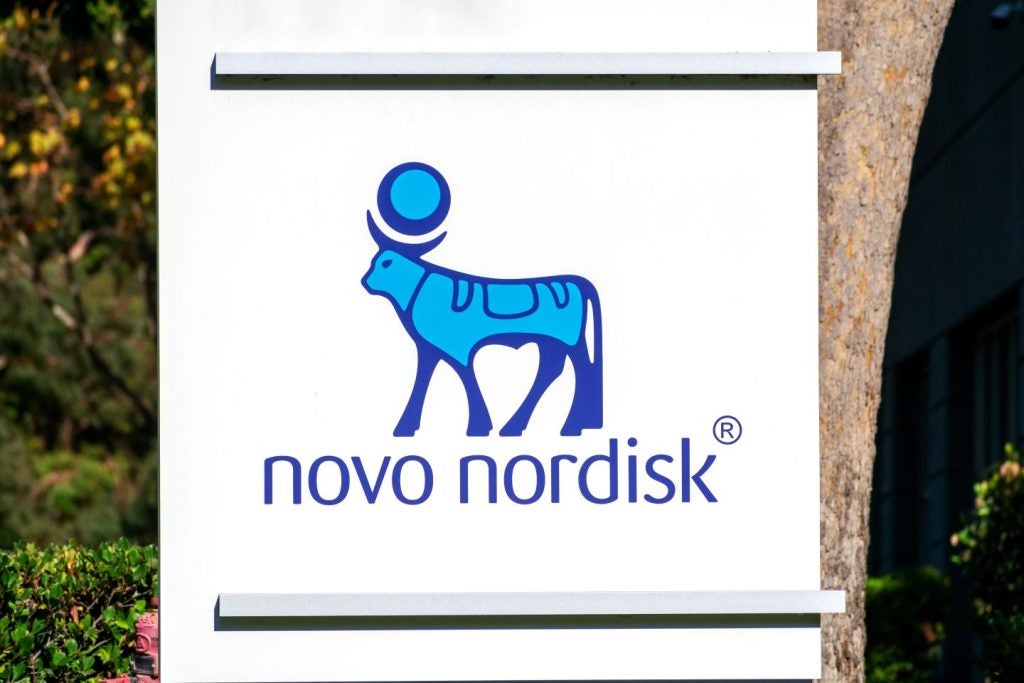Many biotechnology companies are navigating the various obstacles prevalent within the pharmaceutical industry with the implementation of artificial intelligence (AI) and machine learning (ML) technologies to optimise and streamline processes within the drug development landscape, according to speakers from the London biotechnology conference in London, UK, on 18-19 June 2025.
In recent years, the pharmaceutical industry has exhibited a significant shift into digitalisation, with AI pushing for innovation across the entire drug development value chain, from accelerating drug discovery to optimising clinical trial design to ultimately improve patient outcomes.
Novo Nordisk has taken initiatives to accelerate target discovery by implementing AI/ML technologies into genetic and human-centric in vitro models. Given the significant costs associated with drug discovery and development, achieving a successful drug candidate remains a major challenge. This complex process involves different processes such as target identification and validation, lead optimisation, and lengthy clinical trials. According to one of Novo Nordisk’s speakers at the London Biotechnology conference, the company aims to utilise human data input, such as genetics, samples, and multiomics from a variety of diverse patient populations, into its target discovery engine.
The AI-driven engine utilises data mining and analyses linking specific diseases to novel targets to ultimately increase the number of new targets aimed to reach the first human dose. In addition, Novo Nordisk has implemented cell image foundational models driven by deep learning to increase screening throughput derived from extensive sets of genomic data. The usage of AI and deep learning tools within the virtual assay enables large image datasets of cells to be translated into text, allowing effective mapping of the various cells by their morphology, enabling researchers to gain an understanding and effectively predict the characteristics of the cells.
The implementation of AI-driven technologies has the potential to streamline many aspects of the drug development value chain, from enabling standardisation of datasets across functionalities to accelerating in vitro and in silico models and tools. As a result, pharmaceutical organisations can scale their methodologies whilst simultaneously increasing output to ultimately improve patient outcomes.









